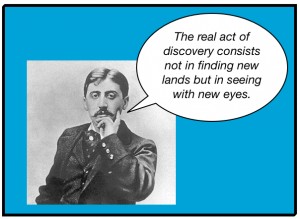Did you know that the most successful social networks – public or private – are those that are the most moderated (or censored, depending on the point of view)? Yes, the self-organizing network is a myth.
Rare are the times where the heavy cloak that surrounds this process is lifted long enough to grab a glimpse. Meanwhile we can only listen to the recriminations of those who could not share what they wanted: a photography museum pictures here (credits for the picture below), a profile picture reproducing a famous painting there.
 Let’s face it – unfortunately, without moderation our social networks would soon be full of inappropriate pictures and would be invaded by those dark economies of vice and violence. It is not by chance that all social networks propose to flag inappropriate content; that all employ armies of moderators that censor content according to strict rules. In “The Dark Side of Facebook“, Emma Barnett exposes the global community of low paid Facebook moderators, and how they have to deal on a daily basis with crass content.
Let’s face it – unfortunately, without moderation our social networks would soon be full of inappropriate pictures and would be invaded by those dark economies of vice and violence. It is not by chance that all social networks propose to flag inappropriate content; that all employ armies of moderators that censor content according to strict rules. In “The Dark Side of Facebook“, Emma Barnett exposes the global community of low paid Facebook moderators, and how they have to deal on a daily basis with crass content.
And it is not just Facebook: for example Wikipedia also employs many moderators who react almost instantly on inappropriate content. Even if the content “does not follow editorial quality rules”. Ever had the experience of having your contribution rejected from Wikipedia because ‘they’ decided it was not important enough, or maybe even not accurate? I did, many times.
Think about it: Paypal has been very successful not because of its operation mode – which is OK – but because from the beginning it has integrated defenses against fraud, maintaining the fraud level low enough to remain economical. Early competitors did fail under the burden of excessive fraud. From time to time that’s a hassle when you want to pay a friend in a less safe country; but overall it is what has allowed Paypal to remain afloat.
This is a lesson for all those that believe that setting up a social network is just setting it up technically and letting people self-organize, driven by the good in them: always make sure that an adequate supervision and moderation is maintained and even censor a bit too much just to make sure that the system remains acceptable for the majority of people. Moderation can be lighter if the community is regulated otherwise (like inside an organization for example) or heavier if the community is totally open.
Too bad for those that naively believe that social networks is paving the way for free speech, free expression. You can express yourself – if that follows the rules and the will of the social network managers. And it is not possible to avoid it – moderation is mandatory to maintain the health of the social network and its acceptability, on the long term.
Ownerwhip of the network is indeed important and strategic when it comes to political and social expression. Will we see society rebel against those social network moderators like it did against too strong press magnates? How can we make sure that this moderation remains ethical and not politically biaised? Regulation here is more important than protecting Hollywood rights – it is the future of democracy at world level that is at stake.
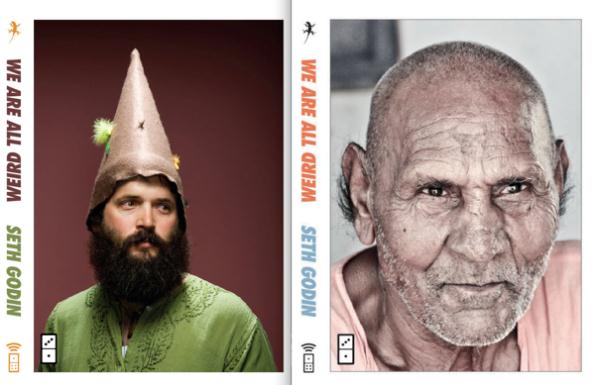

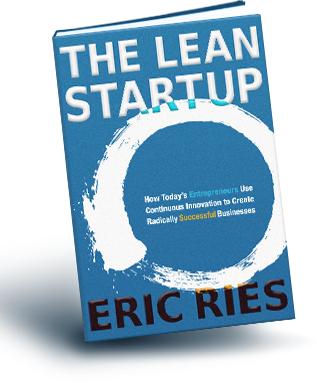

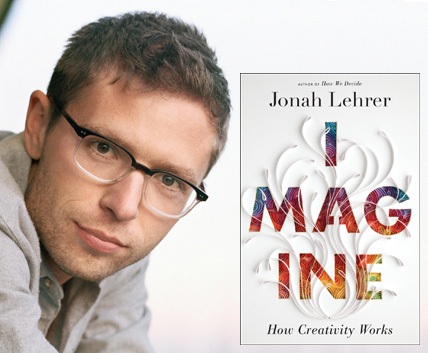
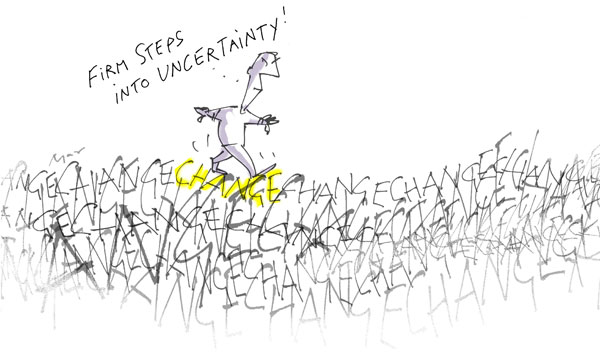


 Let’s face it – unfortunately, without moderation our social networks would soon be full of inappropriate pictures and would be invaded by those dark economies of vice and violence. It is not by chance that all social networks propose to flag inappropriate content; that all employ armies of moderators that censor content according to strict rules. In “
Let’s face it – unfortunately, without moderation our social networks would soon be full of inappropriate pictures and would be invaded by those dark economies of vice and violence. It is not by chance that all social networks propose to flag inappropriate content; that all employ armies of moderators that censor content according to strict rules. In “